Water damage can cost a homeowner hundreds of dollars in restorations. Yet, thanks to smart home technology, it's effortless to detect and halt a water leak before it becomes an expensive nightmare.
After flooding — which no technology can avoid — the second most prevalent reason for water damage is home appliances, most typically water tanks, washing machines, and toilets. With a leak protection treatment in place, especially a product that halts off the water main in seconds, the difference can be possessing a pool to clean up instead of resulting in irreplaceable damage and having to contact a remediation company.
Smart Tech
Replacing old or broken pipes alone will not be sufficient. Now water companies are buckling their hopes on developing smart technologies to get on top of the issue.
These digital equipment use the latest internet-based software and hardware to collect, collate and scrape real-time data on circumstances within the water network. The best of gadgets can not only catch a problem but automatically mend it as well.
Strategically Places Sensors
Strategically placed sensors secure homeowners from appliance letdown that results in the water splashing on the floor it is on and on the floors below.
The modern treatment solution, for instance, provides an automatic shut-off. As soon as the sensor catches a glimpse of a leak, a message is delivered to a hub, transmitting the message to turn off the water valve. This transmission takes less than five seconds typically.
While most sensors lean on WiFi, many sensors use a radio signal, so if there is an electricity outage or your WiFi is down, the sensors proceed to monitor.
Choose Where to Install Wisely
The best places to install tech water sensors are in spots where water leakage is more common. It could be in basements, kitchens, toilets, or gadgets using water, including washing machines, dishwashers, or sinks. Pursuing the installation of the water sensors, it is recommendable to examine the unit for rust routinely, looking at all-around water supply lines and the valves. It will guarantee a better shot at preventing future water damage.
- Where Should Water Sensors Be Placed?
It's an incredible idea to install water sensors in areas where water damage inside the house can happen, mostly without warning. Those areas involve washing machines, water heaters (they may cease), dishwashers (they may seep), supply lines to automatic ice builders (they may be decayed), and toilets (they may flood). Conducting regular maintenance and visually inspecting for rusty, deteriorated, worn or worsened water supply lines and valves and other possible troubles before you leak is one of the best means to help prevent water damage.
You might like to install water sensors in spots near:
- Washing machines
- Dishwashers
- Refrigerators with ice makers
- Water dispensers
- Hot-water heaters
- Sinks
- Toilets
- Furnaces and boilers
- Fish tanks
Advanced Water Flow Analytics
Freezing or broken water tubes can also result in leaks. Flowmeter solutions identify variations in inflow that often reflect a leaking pipe. Utilizing advanced water flow analytics enables the homeowner to oversee their water usage 24/7, which warns the homeowner of potential dangers and saves money on their water bill.
For the best water damage deterrence solution, experts recommend a blend of sensors and flow metering. It gives a total home water safety solution and peace of mind from the suffering a simple leak can induce.
Instant Alert to Facility Management
Most modern technology machines continuously adjust to the local usage habits, delivering helpful visual feedback and quick alerts to facility managers, who can, in turn, use the data to differentiate between a malfunctioning device or a pipe break instantly. For instance, users are already telling 25 per cent less consumption while employing this technology. These devices look forward to assisting businesses throughout the United States to prevent disabling water damage and become more endurable enterprises.
Install a Smart Valve
When you possess a leak, the early course of action is to shut off water to the residence to cease the water flow and avoid further damage. But what goes on if you're not home or if a leak streams in the middle of the night?
A smart valve acts with your water sensors to automatically halt the water flow when a leak is inspected. It saves your home without any intervention in your role.
Set Up a Smart Siren
Smart sirens are generally used in coexistence with a security system. These devices have one motive and one motive only: to make as much noise as feasible and let the homeowner know something is bad.
You can induct a siren and connect it to your water sensors. Establish the siren to activate if the sensor inspects water within the home, and it will leave no suspicion that you require to inspect the situation.
Some Beneficial Water Damage Prevention Tips
While water damage can happen from many causes, some of which are unpreventable, there are particular preventive measures you can put up with to resist preventable water damage from emerging.
- Everyone in your house should learn the water supply cut-off valve location and how to shut it off.
- The meter should be between sixty to eighty psi or pounds per square inch. Reading more than eighty means a high risk of pipes bursting.
- Before a pipe erupts, it will always give off a warning clue that it is not good with the water pressure by making sounds or shaking.
- Enclose any exposed piping nicely, so natural aspects don't negatively affect it.
- Your water bill can be an incredible source for scoping out any possible dangers. Keep an eye on the regular amount the water company charges each month. Plus, If the bill is considerably higher one month, a leak could be the culprit.
- Inspect your appliances and your ducts and water supply hoses for indications they're getting older and should be restored.
- Keep your gadgets and plumbing networks as clean as feasible.
- Spaces around sinks, bathtubs, and showers are often exposed to water, so putting in additional caulking and grouting to those spots from time to time would be wise.
- Shut off the water supply whenever you go out of your home for an extended period. It will provide you peace of mind and assurance no issues will arise in your absence.
- Head down into the cellar. Resealing your basement can assist avoid home water damage before it happens. Check for any breaks in the facility's foundation or floor slabs.
- Saving your home from water damage can also enable you to prevent mold growth. To prevent mold, it's vital to minimize moisture throughout your residence.
Final Thoughts
Water is one of the most disastrous forces in nature. It can do a lot of harm to any structure. Fortunately, current technology has evolved relatively fast, offering many means to prevent such occurrences. Whether it is flexible sensors, valves, or freeze sensors, these tools are always useful. The most considerable advantage is their proficiency to act on any problem related to water leaks shortly.
Professional companies represent some of the modern technology built to make your home safer and prevent expensive repairs. The competent team stays updated on product provisions and new solutions to meet the customers' requirements. To strengthen your home and preserve your investment, we highly advise having your mechanicals annually checked by devout, trained mechanics.

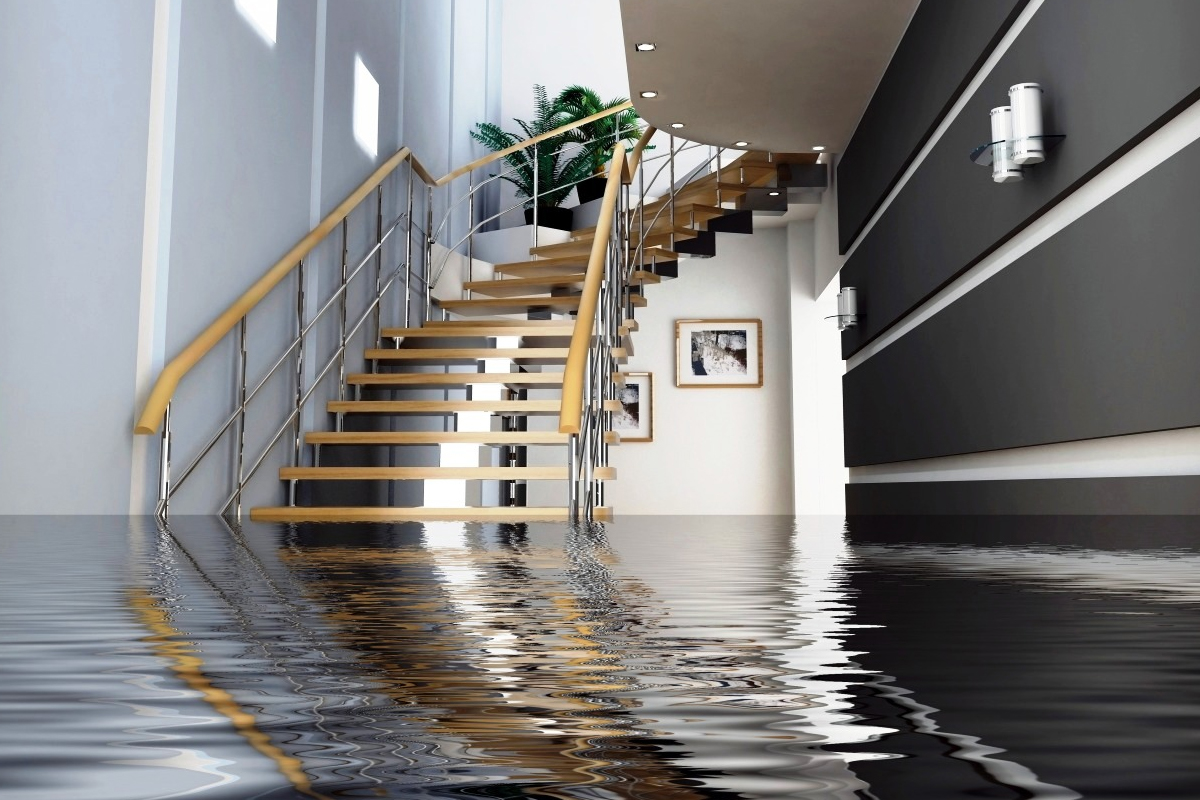
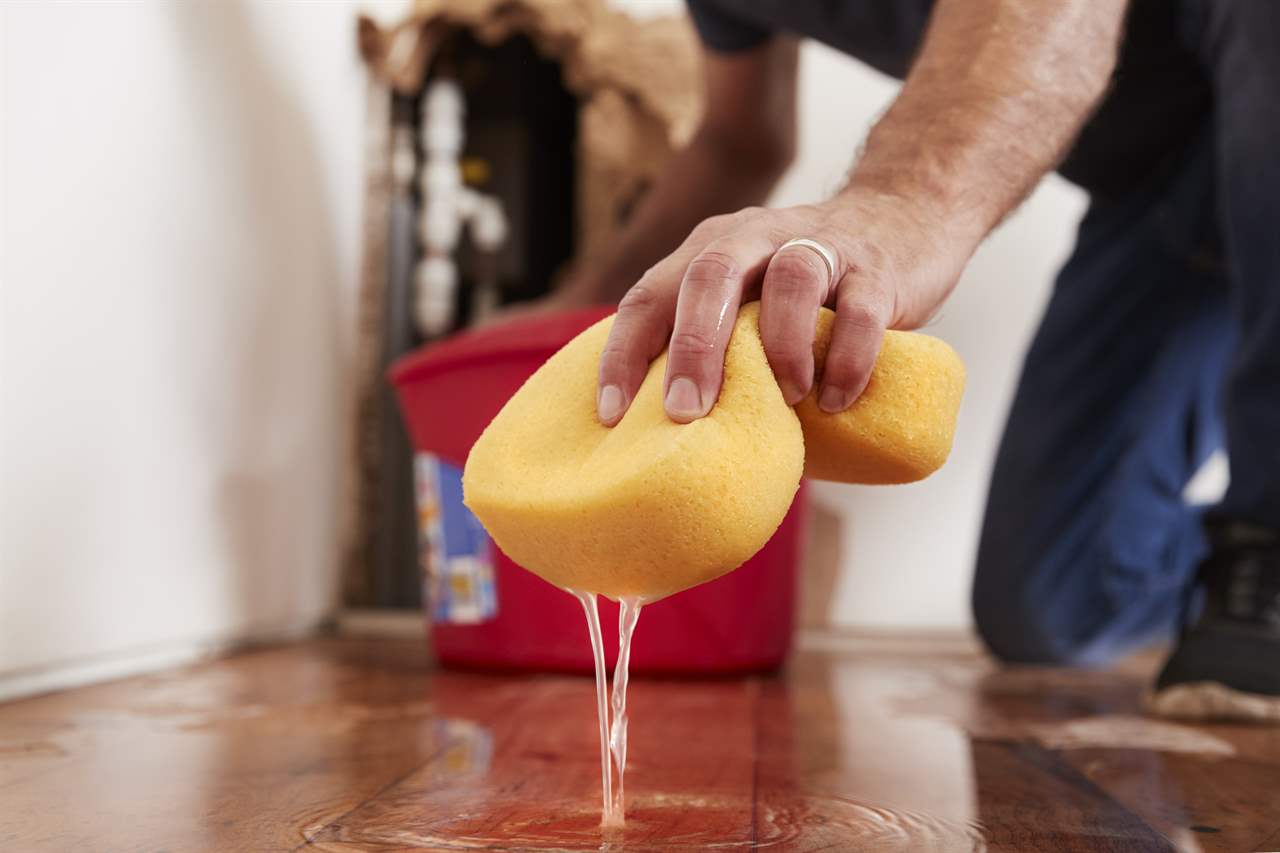
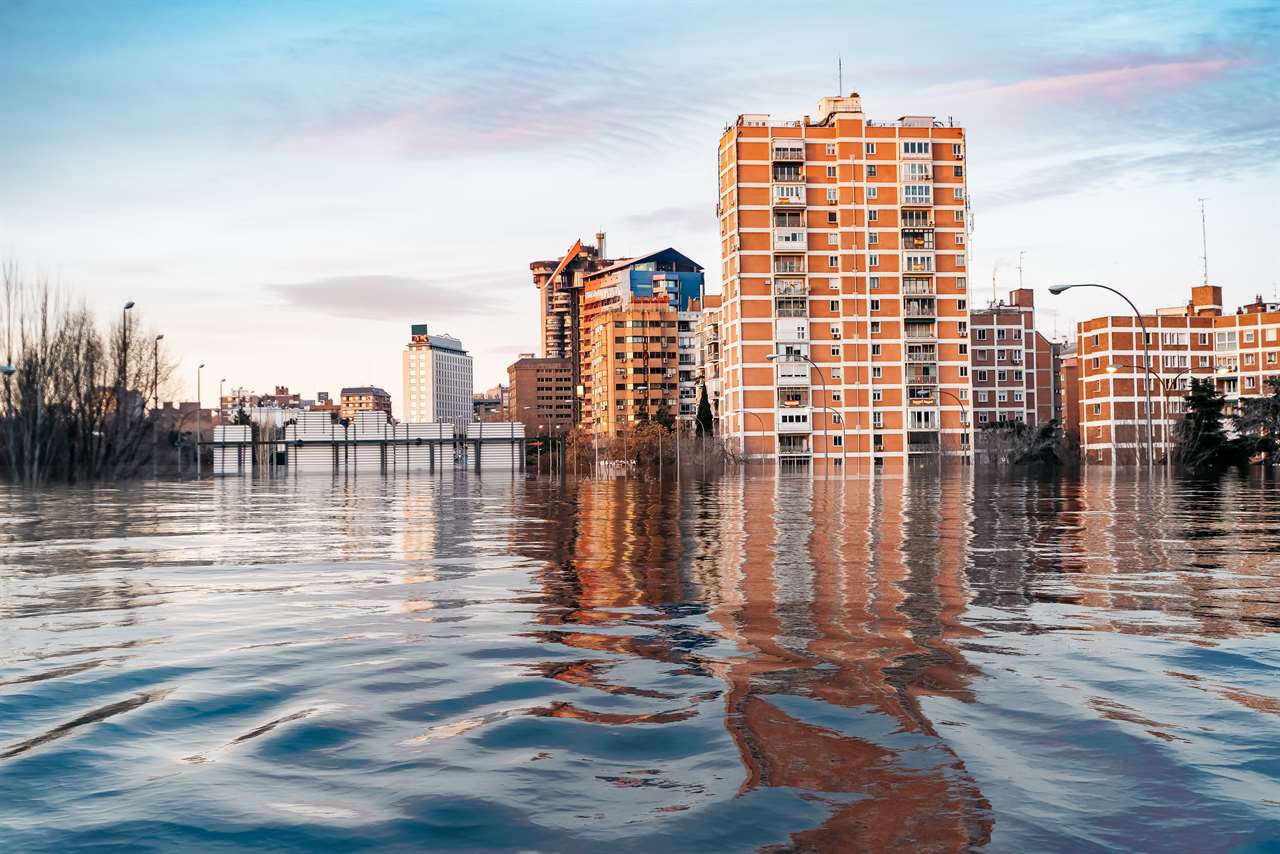
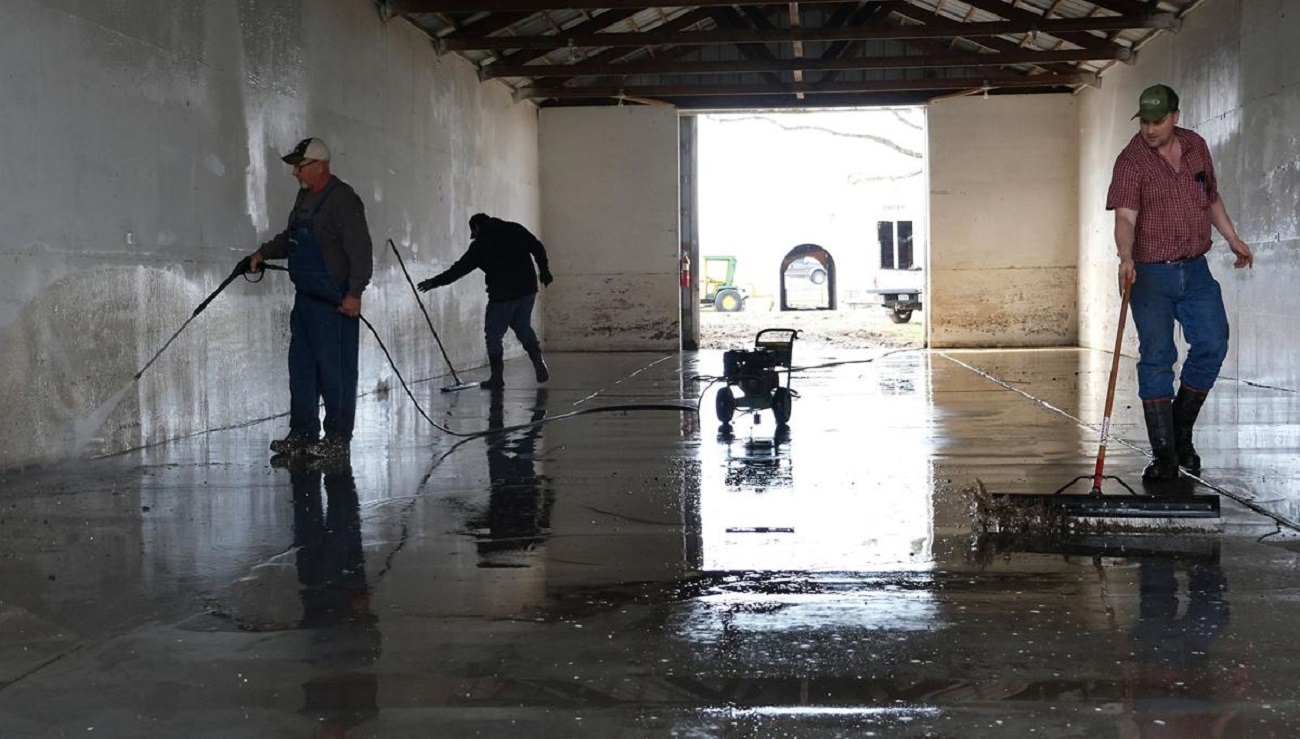
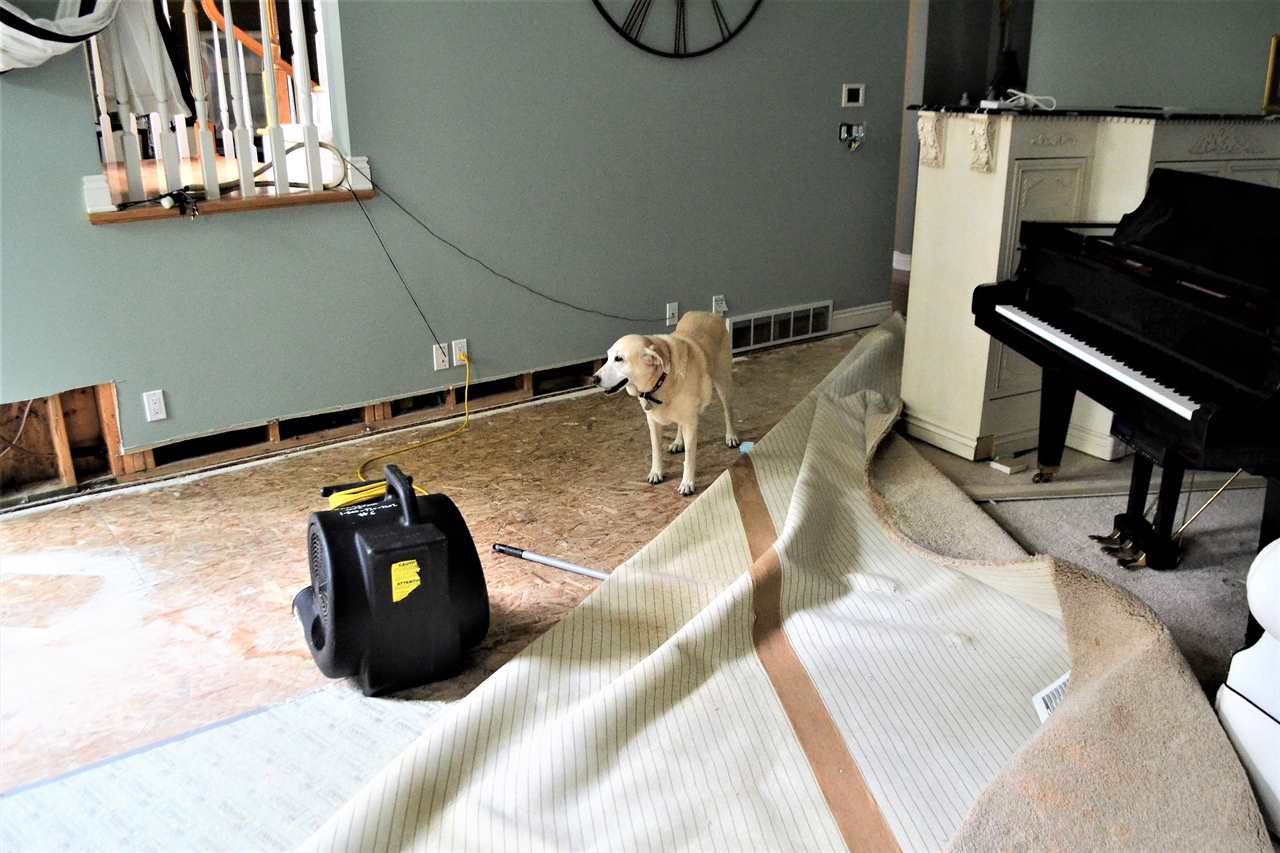
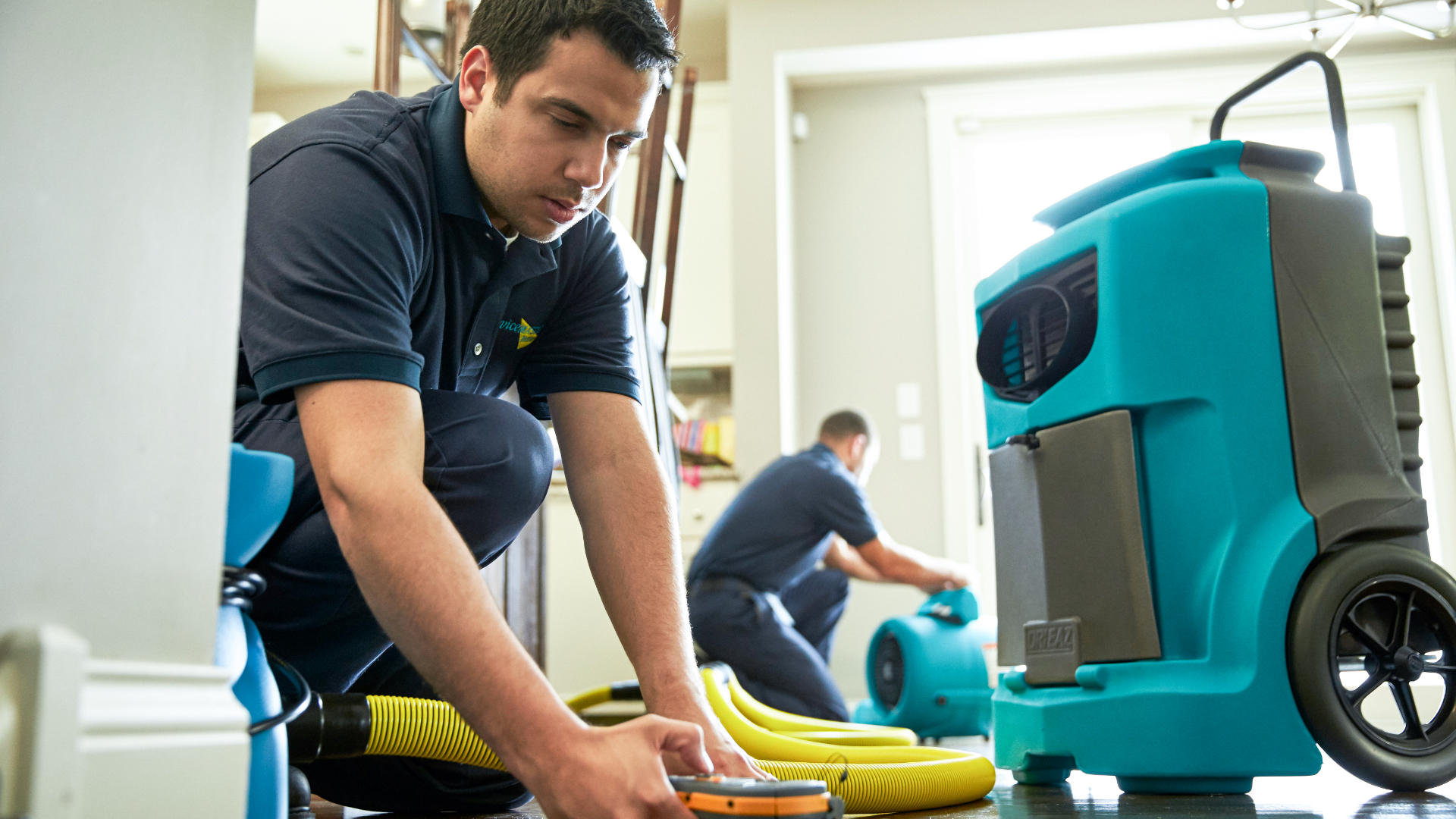
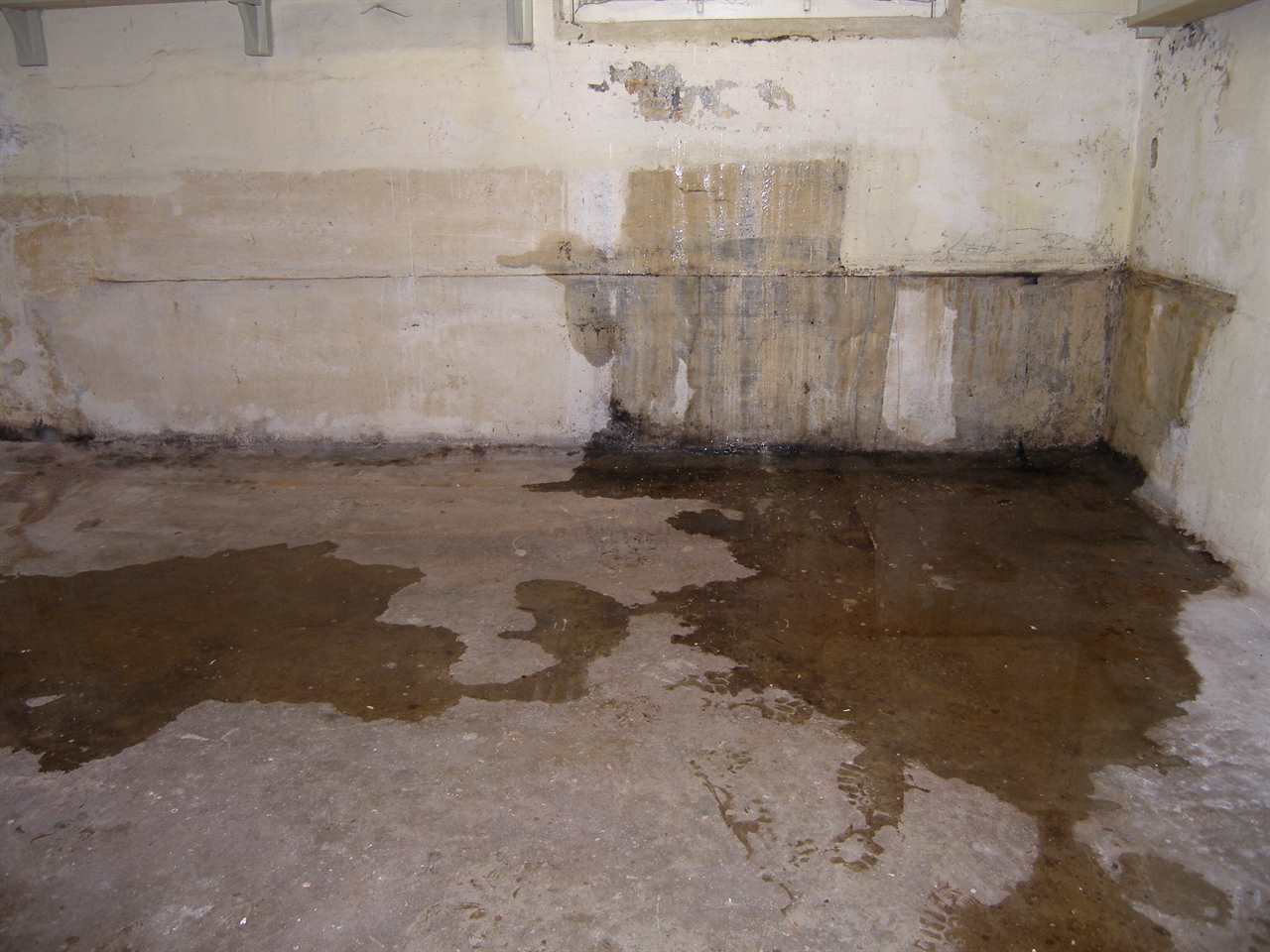
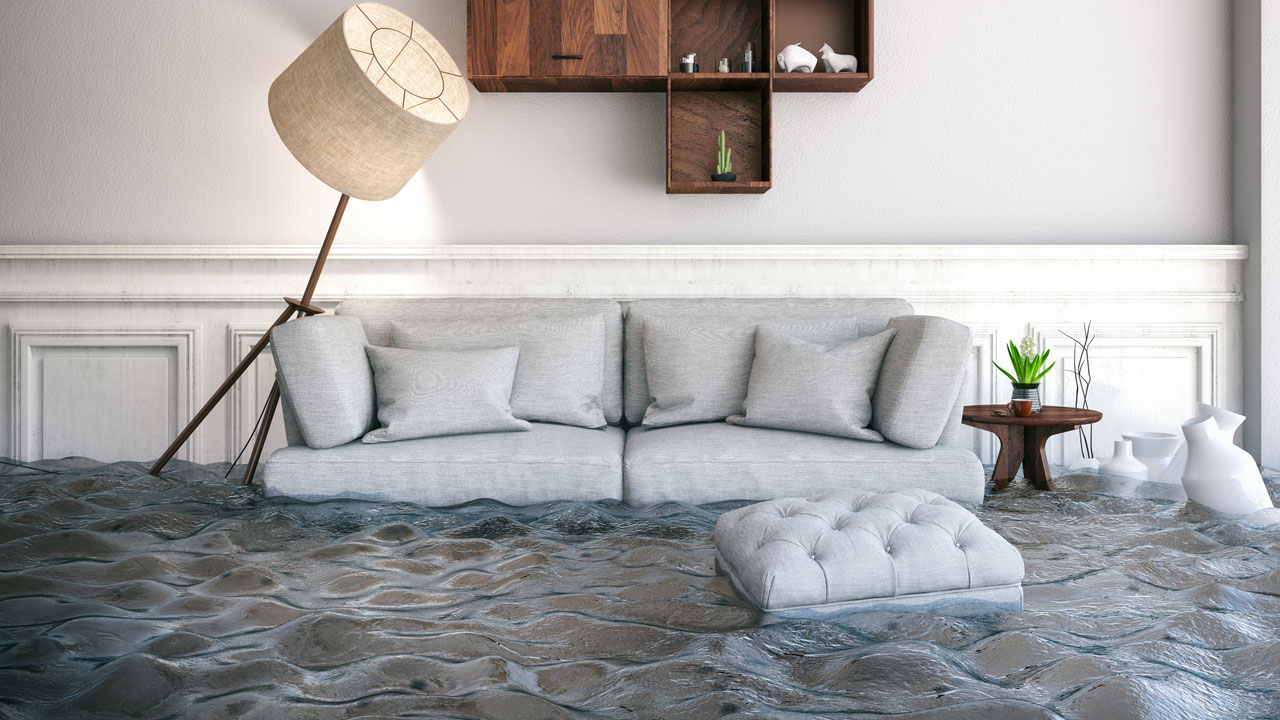
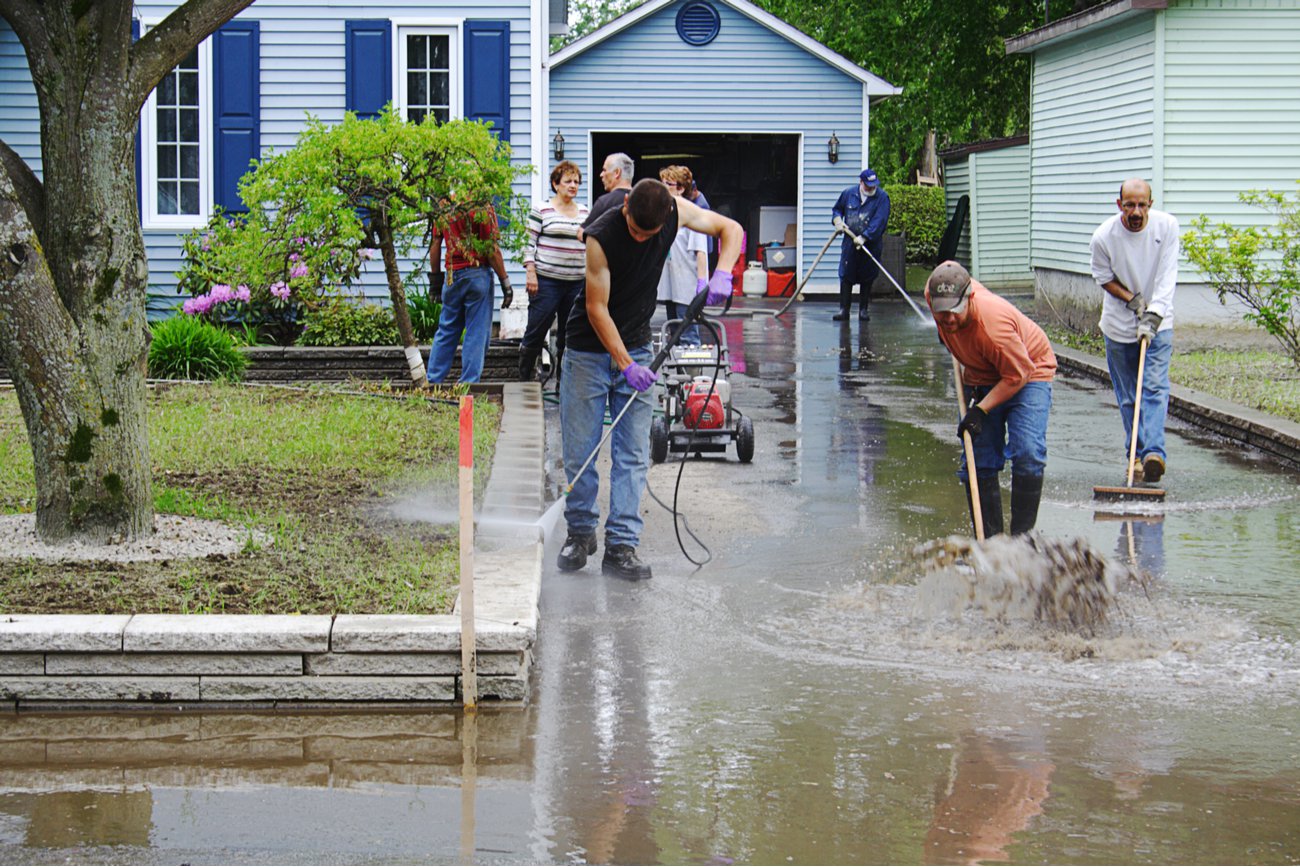


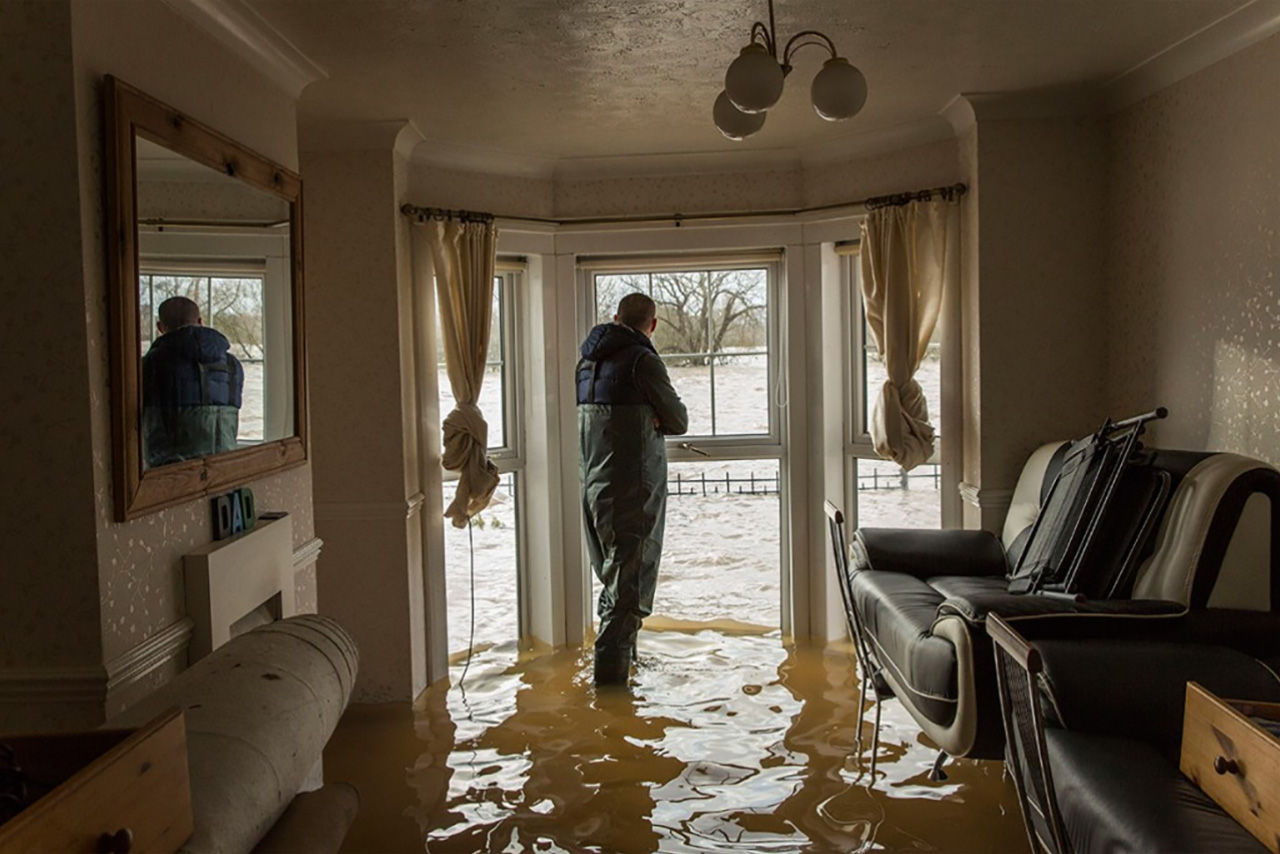
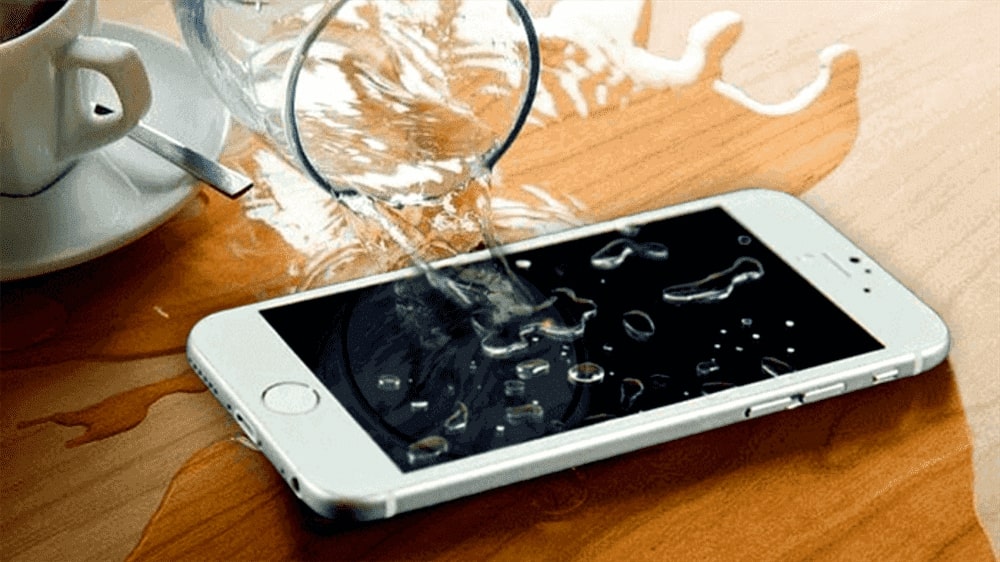
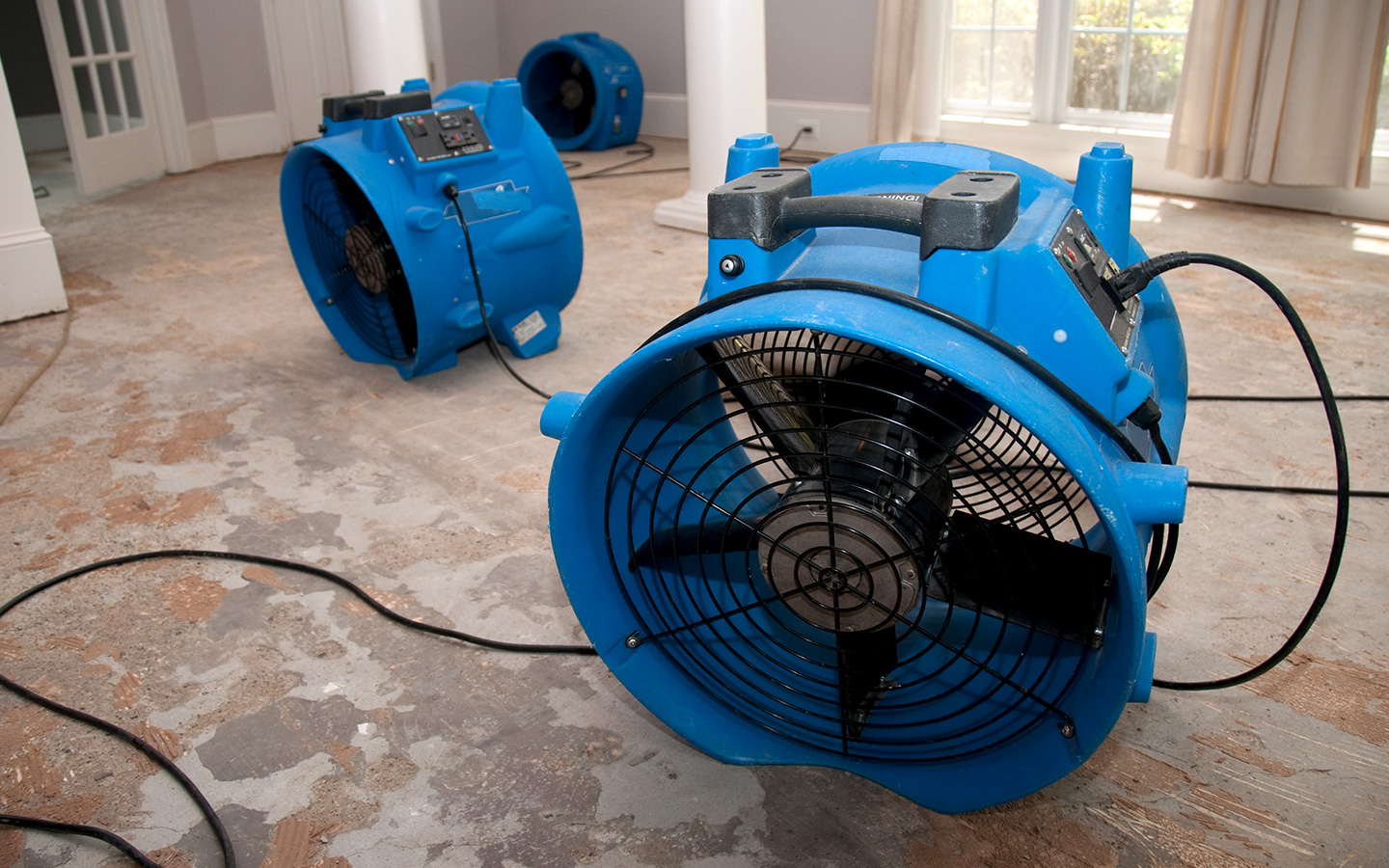
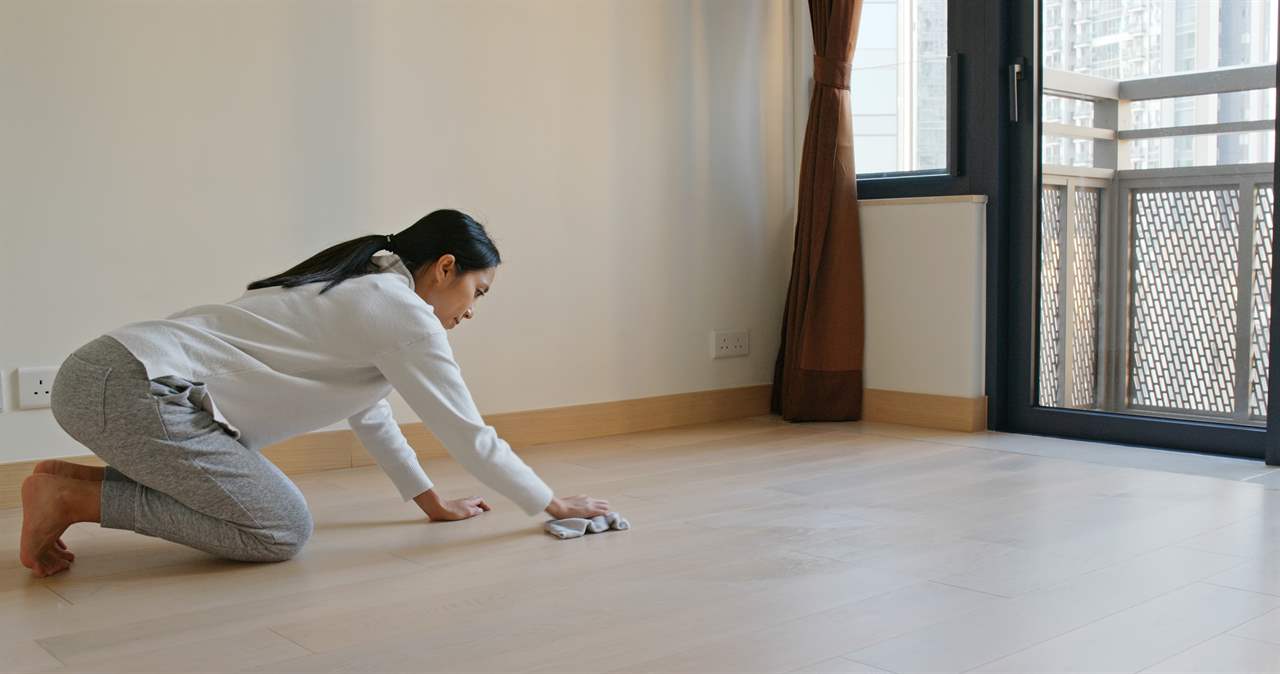
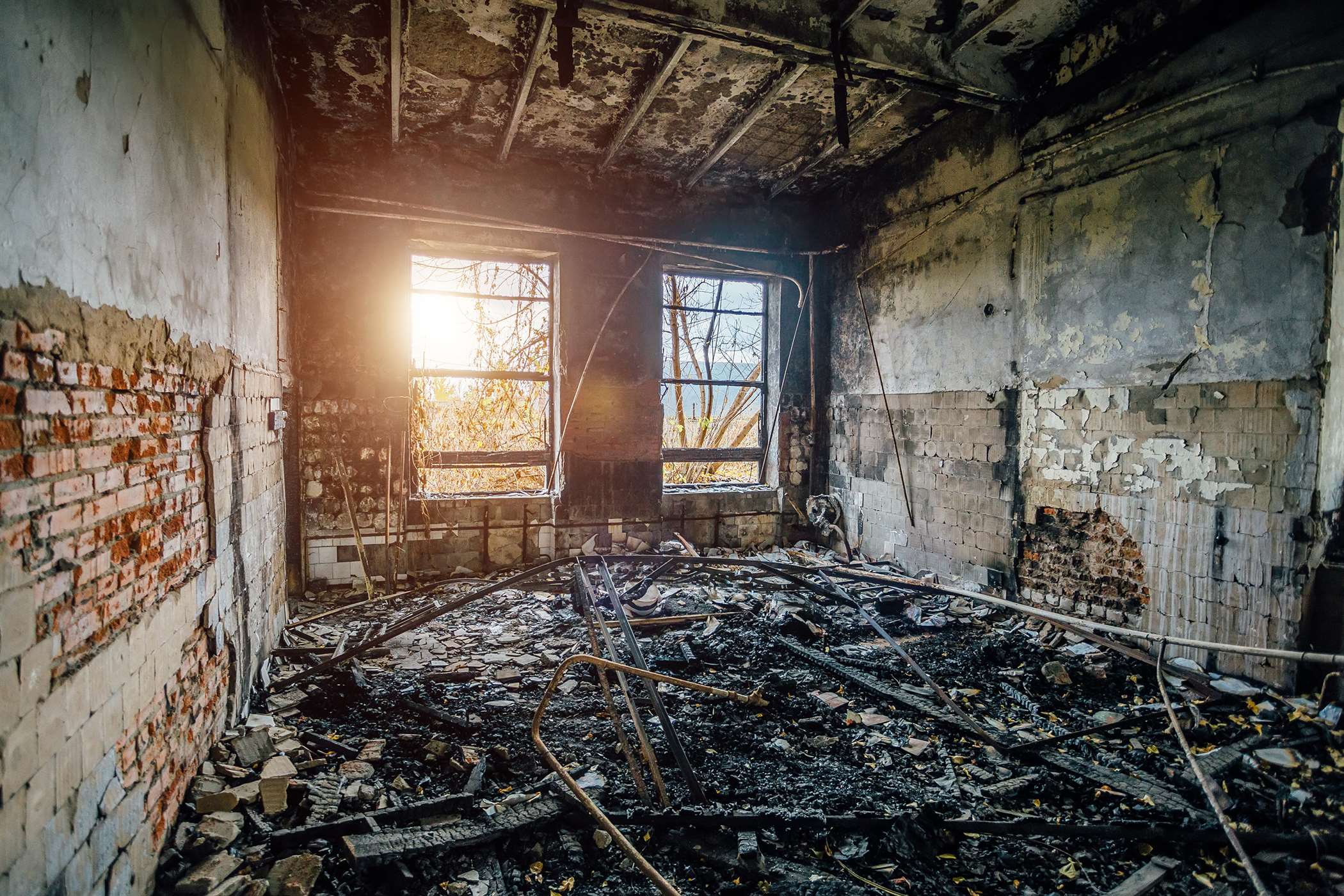
Leave a comment